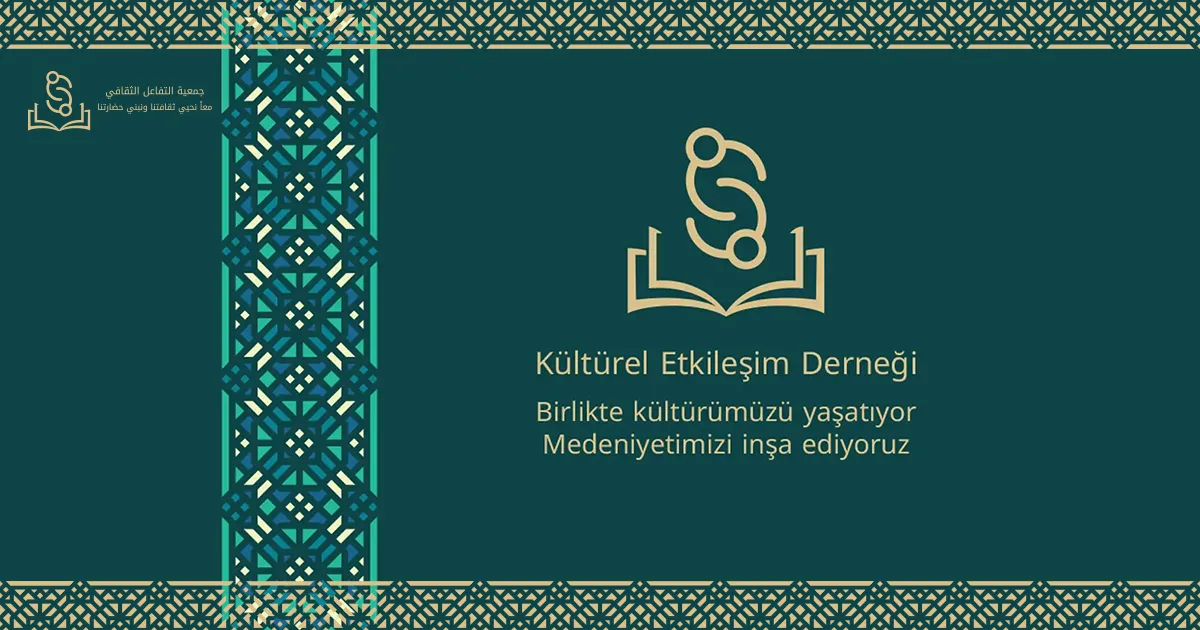- Culture is the backbone that represents the identity of societies and nations. It reflects the history and experiences of countries, representing their intellectual and human heritage. As such, it is one of the pillars on which the civilizations and progress of nations are built, and a key reason for their survival, distinction, and development.
- In the movement of civilizations, it is not the masses but the elites who lead countries toward progress, advancement, and the achievement of their goals. Therefore, nations in their developmental phases are in dire need of their intellectuals and elites to guide them out of crises and toward prosperity and success.
- Culture is also considered the backbone of soft power within the framework of public diplomacy. Cultural cooperation between institutions and nations has become as important as political, economic, and military cooperation. Its influence is not limited to “cultural” aspects, as the name suggests, but extends to social, tourism, media, economic, and political dimensions as well.
In light of the Republic of Turkey’s interest in Islamic culture through a contemporary vision, its efforts to prepare leading intellectual and cultural elites, its focus on strengthening relations with the Islamic world, and its pursuit of mutual cooperation in all fields, including cultural collaboration, it became essential to translate this interest into a practical reality. This would support the Turkish government in achieving its noble objectives in an effective and exceptional manner.
Thus, the idea of establishing the Cultural Interaction Association emerged, aiming to promote and disseminate Islamic culture with a contemporary perspective and to mobilize scientific efforts and human resources in service of this vision.




